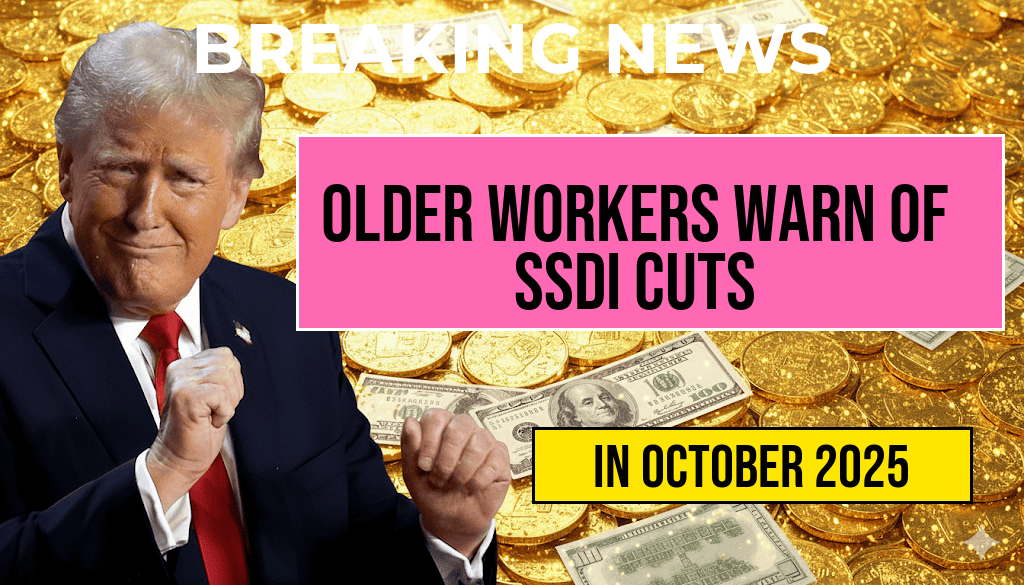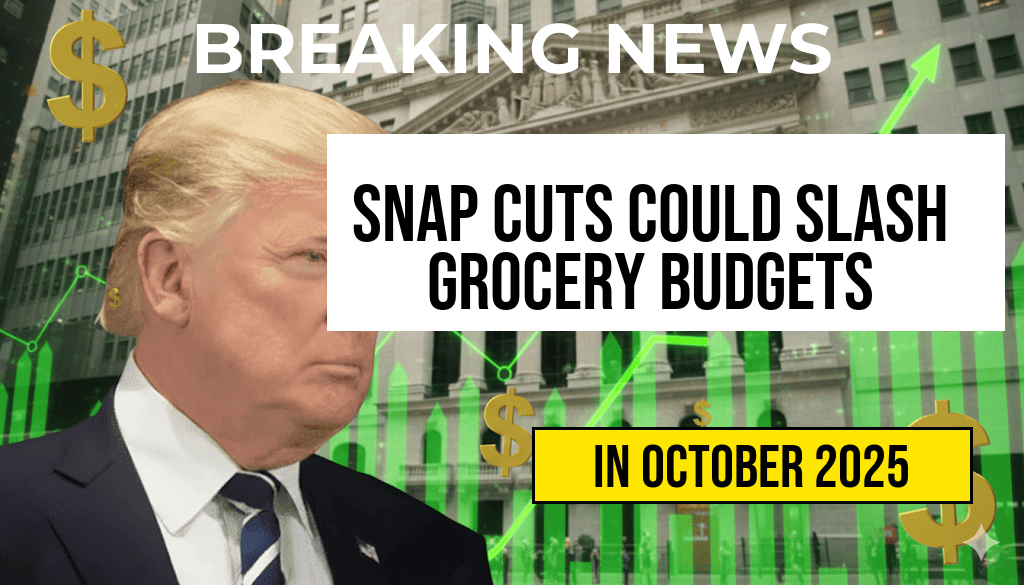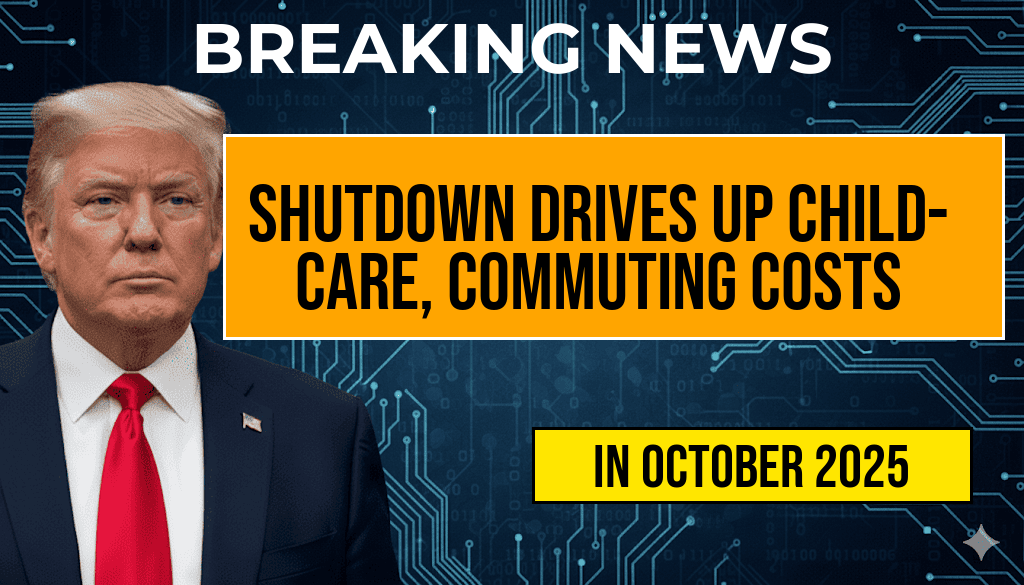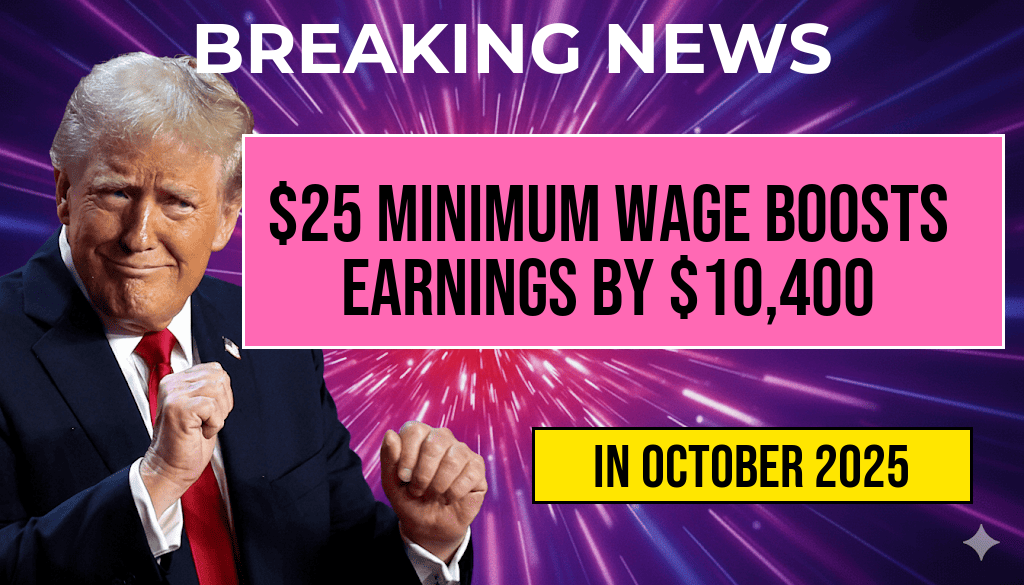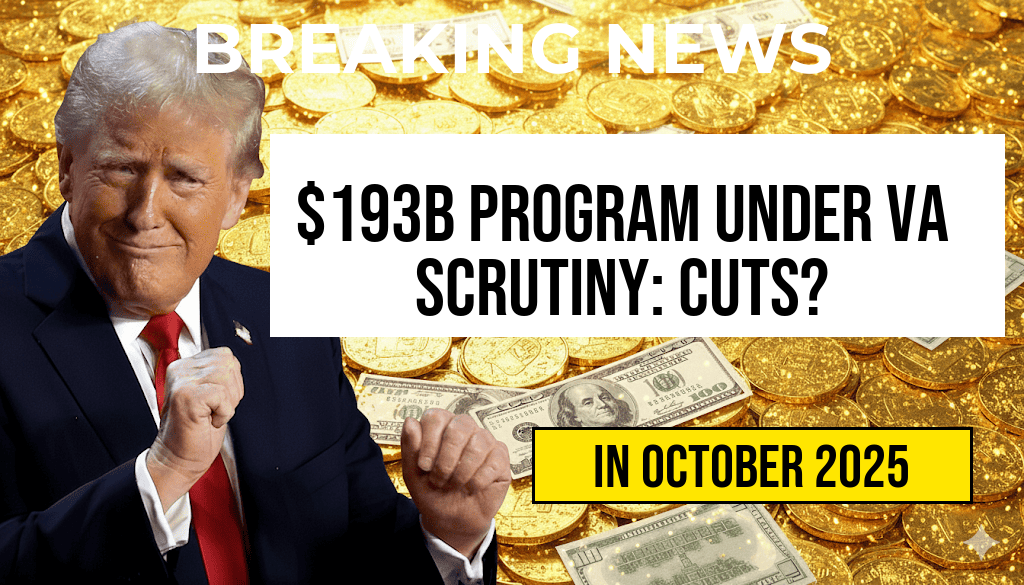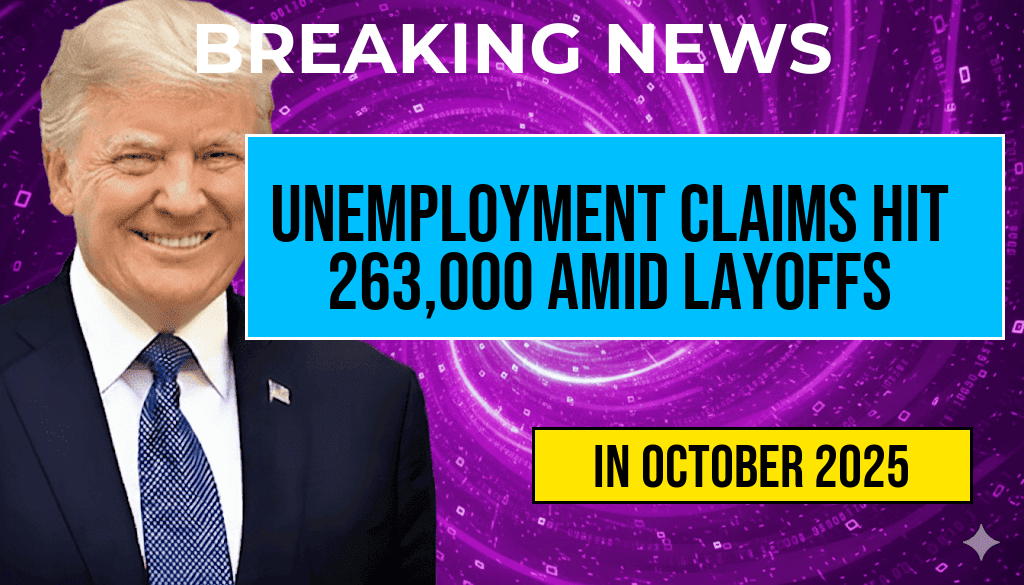In a significant move aimed at addressing income inequality, several major employers have announced plans to implement a $25 minimum wage for their employees. This decision could lead to an average increase of $10,400 in annual earnings for full-time workers. The initiative, backed by well-known corporations, aims to attract and retain talent while boosting the overall economic wellbeing of their workforce. As the nation grapples with rising living costs and inflation, this wage hike is seen as a pivotal step toward ensuring that workers can meet their basic needs. With an estimated 50 million Americans earning less than this threshold, the implications of this policy could extend beyond individual companies, potentially influencing wider labor market trends.
Understanding the Impact of a $25 Minimum Wage
The proposed $25 minimum wage represents a substantial increase from the current federal minimum wage of $7.25 per hour. For full-time workers, typically defined as those working 40 hours a week, this adjustment could lead to a significant boost in disposable income. Here’s a breakdown of the potential financial benefits:
| Wage Level | Annual Earnings (40 hours/week) |
|---|---|
| $7.25 | $15,080 |
| $15.00 | $31,200 |
| $25.00 | $52,000 |
Why Major Employers Are Making the Change
Major employers, including several retail giants and tech companies, are adopting this wage increase as part of a broader strategy to improve employee satisfaction and productivity. With a tight labor market, attracting skilled workers has become increasingly competitive. Many organizations recognize that higher wages can lead to lower turnover rates, reducing costs associated with hiring and training new employees.
- Enhanced Employee Retention: Higher wages can lead to improved job satisfaction, encouraging employees to stay longer with their employers.
- Increased Productivity: Well-compensated employees are often more motivated, which can enhance overall productivity within the workplace.
- Positive Brand Image: Companies that offer competitive wages may also benefit from a stronger reputation, attracting customers who prioritize corporate social responsibility.
The Broader Economic Implications
Raising the minimum wage to $25 could have ripple effects throughout the economy. While proponents argue that it would lift millions out of poverty, critics raise concerns about potential consequences for small businesses and overall employment rates. The debate centers on the following points:
Potential Benefits
- Reduction in Poverty: Increased earnings could significantly decrease poverty levels, particularly among low-wage workers.
- Increased Consumer Spending: With more disposable income, workers are likely to spend more, stimulating local economies.
Potential Drawbacks
- Impact on Small Businesses: Smaller companies may struggle to meet the new wage requirements, potentially leading to layoffs or business closures.
- Inflationary Pressure: Some economists argue that a significant wage increase could lead to higher prices for goods and services, potentially offsetting the benefits of increased wages.
Conclusion: A Shift in Labor Standards?
The move by major employers to establish a $25 minimum wage could signify a transformative shift in labor standards across the United States. As discussions around wage policy continue, the effects of this decision will be closely monitored by economists, policymakers, and workers alike. If successful, it could pave the way for similar initiatives nationwide, influencing the future landscape of work and earnings.
For more information on wage policies and labor economics, visit Forbes or check out Wikipedia.
Frequently Asked Questions
What is the proposed minimum wage increase by major employers?
The proposed minimum wage increase by major employers is set at $25 per hour.
How much could full-time workers earn annually with the new minimum wage?
Full-time workers could see an increase in their annual earnings by $10,400 if the new minimum wage is implemented.
Who are the major employers considering this wage increase?
The article does not specify individual companies, but it mentions that several major employers are considering the increase to $25 per hour.
What impact could the wage increase have on the economy?
The increase to a $25 minimum wage could lead to higher disposable income for workers, potentially stimulating economic growth through increased consumer spending.
When is the wage increase expected to take effect?
The article does not provide a specific timeline for when the $25 minimum wage increase is expected to take effect, as it may depend on further discussions and approvals.

